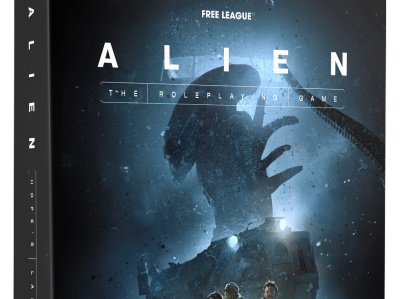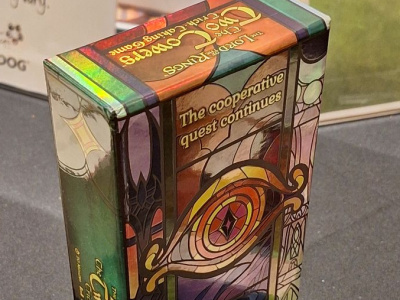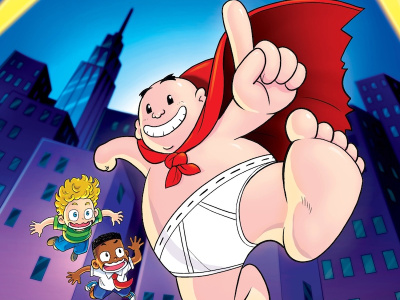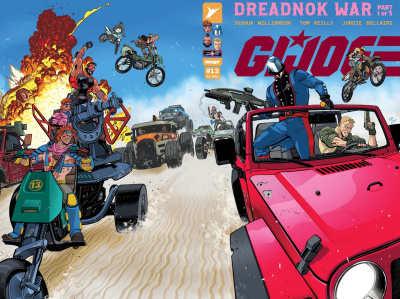On our recent trip to the Seattle area, we sat down with Wizards of the Coast CEO Greg Leeds for a talk about the market and Wizards of the Coast. In Part 1 of our two-part interview, we discuss the overall market for hobby games and WotC’s Dungeons and Dragons brand. In Part 2, we talked about Magic: The Gathering, Kaijudo, Avalon Hill, movies and TV, 2016, and Fat Packs.
What’s your assessment of the hobby games market and how Wizards of the Coast is doing?
The hobby games market from our perspective is going very well. We see that retailers are providing better and better experiences for their customers, and as a result, in general, we’re seeing retailers see increases in revenues.
From the beginning, we have attempted to create what I would call a virtuous circle of success between retailers and Wizards of the Coast. We want to make sure that all of our policies and incentives and encouragement go to retailers who are investing to create the communities which, in turn, helps us to be more successful. We’ve done that in a number of different ways. The most obvious thing we’re doing right now is investing in great storytelling, game design and art that retailers can then use to create those experiences to create communities in their stores.
From our perspective it seems the number of stores and square footage are going up. Are you seeing that trend as well?
Yes, we are seeing the number of stores go up, in particular stores that manage play for Wizards products. We have seen double digit growth for the last several years up to and including this year.
What about channel penetration for D&D or Magic. Is that changing or stable?
Very stable penetration from the digital side to the hobby game store side to the mass merchant side. What we find is our businesses tend to grow in all three areas. There’s a synergy between them. Each has their role in satisfying particular needs of the community, so we don’t see trade-offs in any of our brands.
One thing I would say with regard to the evolving store environment is that stores are getting better and better in the hobby game industry at creating these experiences. If I look back 10 years ago, what would be a great store 10 years ago would be an average store today. And everything we do at Wizards of the Coast is to make the great store of today an average store of tomorrow. So that’s the evolution we’re seeing.
You took a different path with the Dungeons & Dragons relaunch than you had before in terms of the number of products and how you were handling the brand across the channels, particularly in digital. What’s your evaluation of the D&D brand a year into the relaunch?
We’re extremely happy with the results that we had with the relaunch of the tabletop RPG. It’s not surprising, because we had 190,000 people playtest it before we released the new edition of the rules, but the response has been even beyond what we expected. So that part of our business is extremely strong, and we’re very happy with the long tail behind that edition launch.
The other thing on Dungeons and Dragons is that we are becoming a more story-first type of product and entertainment experience. We find that fans want to engage in that story for a significant amount of time before they leave to go to a next story and that’s what determines the cadence of our products.
Can you discuss the strategy of reducing the number of total products released per year for D&D?
We try to optimize what we think the fans are most interested in in terms of when they’re ready to go to the next story or campaign or adventure. So there are less product launches than there have been in the past but what we found is people get more deeply engaged and they enjoy them for a longer period of time. From a business perspective our revenue has gone up.
So you get more people buying fewer products for greater net revenue?
That’s correct.
Can you tell us more about telling the story across the channels and how that helps drive sales of the physical product?
Any well told story or piece of entertainment is good for the Dungeons and Dragons brand and ultimately drives revenue in all categories including publishing/paper categories. For us the expressions of story on digital platforms makes the brand more accessible to a wider audience and therefore gives us the opportunity to have more people buy physical products as well as the digital products.
Is there just one D&D digital game?
No, now there are several D&D digital games and there will be more in the future. That’s not different from the past. If you go back even decades, we’ve often have very successful digital expressions of Dungeons and Dragons. We know fans like to interact that way. It meets needs that the physical product can’t meet, but as I say, I believe it opens our brand to a wider audience which just expands the whole pie.
Do you have research that shows that is a path of customer acquisition for the physical product?
Yes, absolutely. The Forgotten Realms has been a key part of historical and current digital expressions of the brand, and as we execute paper products in The Forgotten Realms we find that fans can easily gravitate toward those products because of their engagement in other forms of entertainment. As long as the story’s the same, they work synergistically.
Given that the market for the RPG physical product is relatively small compared to decades ago, what’s the long-term potential of your D&D products?
I believe that the digital side of the business unlocks the limitations of the brand overall, as we explore partnerships for digital expressions on Dungeons and Dragons in a variety of different platforms. That makes brand growth unlimited, but it also spills over in a positive way to the tabletop RPG as well.
How do you determine which products you produce in-house for D&D vs. what you license out? That’s obviously changed over the years.
We are a fan-driven company so we look to the fans to tell us what ways they want to engage in our brand, and then we access who, in terms of our internal capabilities and our external partnerships, will be best able to meet those fan-desired platforms. That’s how we make our decisions.
So external producers can do a better job than Wizards can?
That makes it sound harsh, but there are areas where we are very happy to collaborate with experts outside of Wizards of the Coast to provide the best fan experience. So in essence, I’d say a meek ‘yes.’








